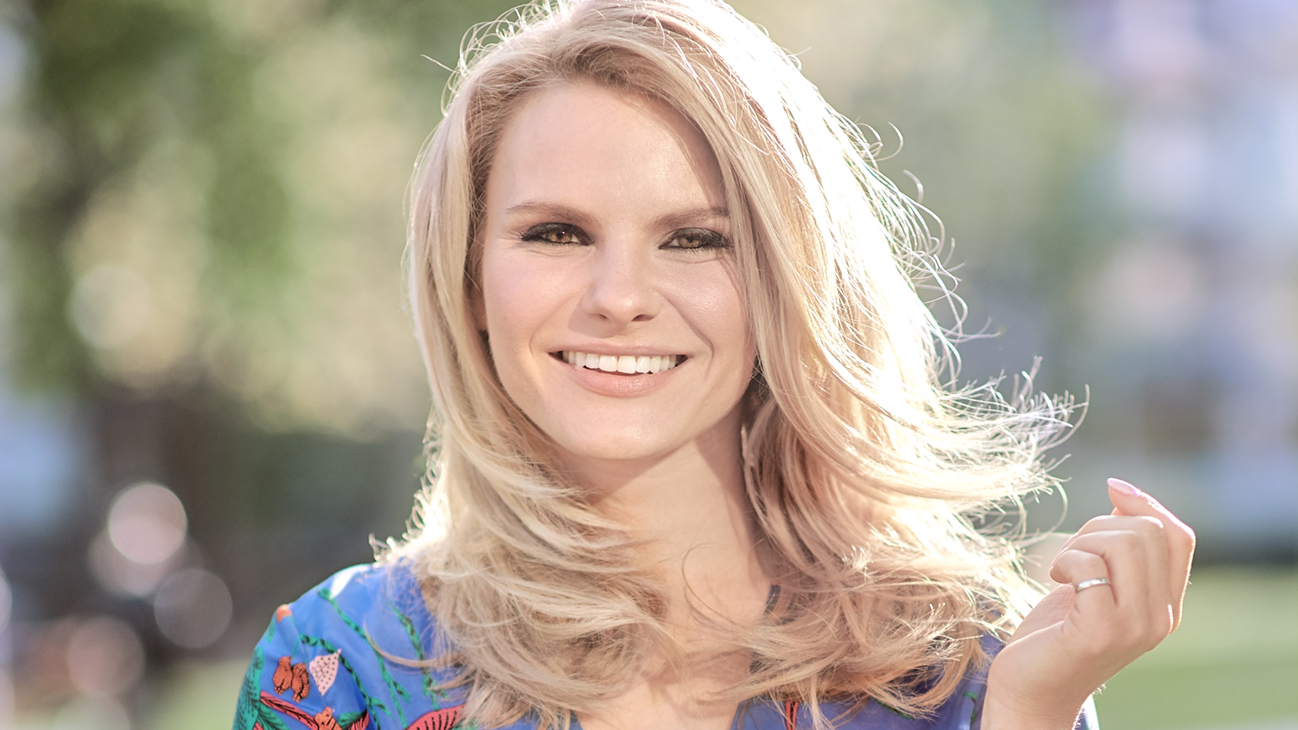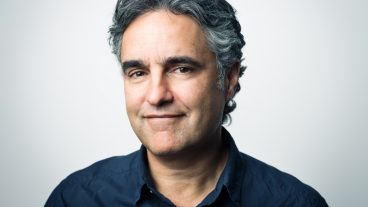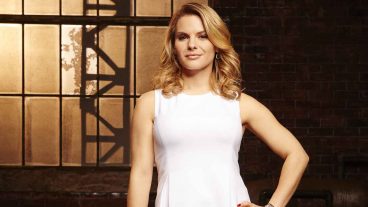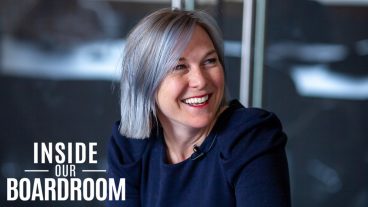As a serial entrepreneur who started five companies before her 33rd birthday and a current “dragon” on CBC’s Dragons’ Den, it’s no surprise that the summer job Michele Romanow credits her success to was of her own creation.
Michele spoke with BNN Bloomberg for their series on the formative summer jobs that helped shape the careers of Canadian business titans. After completing her third year at Queen’s University as an engineering student, Michele wanted to build a sustainable business that makes money. She decided to start simple and dive into the coffee industry which should, she said, have a fairly high margin.
Michele spent the entire summer learning everything she could about the coffee industry and opened The Tea Room in 2007. It remains open to this day.
“The coolest thing we had were vermicomposters,” Michele told BNN. “You have these red wiggler worms and they actually eat through all the food waste and they produce really valuable soil. We were doing all of our own composting, and then we could actually sell the soil to farmers.”
BNN spoke to Michele on how her coffee shop started her journey to becoming a tech titan.
Q: What was the hardest thing about getting it off the ground?
A: I didn’t really know how to start a business. I was flying by the seat of my pants. Certainly figuring out how to get the capital to do this. It was cobbling together university money, grants, fundraisers and [money from] business plan competitions.
Q: What did the job pay?
A: I don’t remember what I paid myself, probably minimum wage. I certainly wasn’t doing this for the money. I was doing it for the experience.
Q: How successful was it?
A: It’s there 12 years later, which I think is pretty cool. It remains student-run. Each incoming class gets a chance to run and manage and build the business. I think that’s successful for a project from when I was 20.
Q: What impact did The Tea Room have on your career?
A: I think if I hadn’t had that experience so early in my career, it would have been much harder to become an entrepreneur later. I’ve always been exceptionally grateful for that. It’s like I caught the bug.
Q: What were the most valuable lessons you learned from starting that business?
A: It reinforced that if you have a vision, you can go out and build something and the market will respond. You don’t need to know everything before you start doing it. And I think the last and most important thing is, it just taught me how fun and satisfying a business can be.
Q: How have you dealt with failure?
A: The first thing you need is great co-workers. You can pull each other up when you need to.
Then I had to develop a peer group of other founders. One of the things that happens as an entrepreneur is you have an idea and then tell all of your smart friends and ask for their feedback. And what all those people are going to do is point out all of the reasons your business is probably going to fail. They’re going to point out all of the risk factors.
That’s actually not good advice, because you never win as an entrepreneur by preventing risk. You almost always win as an entrepreneur by getting a first couple of wins. So I needed to surround myself with other entrepreneurs. Every time I felt like my business wasn’t working, they reminded me that their businesses almost didn’t work for the first 10 years and to just really focus on what matters.
Q: What’s your advice to young people who want to create their own opportunities?
A: You just have to start. You jump in the water, and then figure out how to swim. If you don’t start, you can lose yourself in the analysis-paralysis of, ‘Okay, I’m not sure if this is the right idea.’ There are no perfect ideas. There’s no perfect time to start a business.
Great innovations come from a ton of iterations, just trying a lot of things and refining them, as opposed to one big idea that we get right the first time.
A tech titan, Michele Romanow is currently the the co-founder of Clearbanc, which will invest $1 billion in startups in 2019. She previously co-founded SnapSaves, acquired by American tech giant Groupon, and Buytopia.ca, which acquired ten competitors, including Shop.ca and WagJag, and was ranked 3rd on the Profit Hot 50 list of fastest growing companies. She brings her incredible entrepreneurial savvy to every stage.
Interested in learning more about Michele and what she can bring to your next event? Email us at [email protected].




